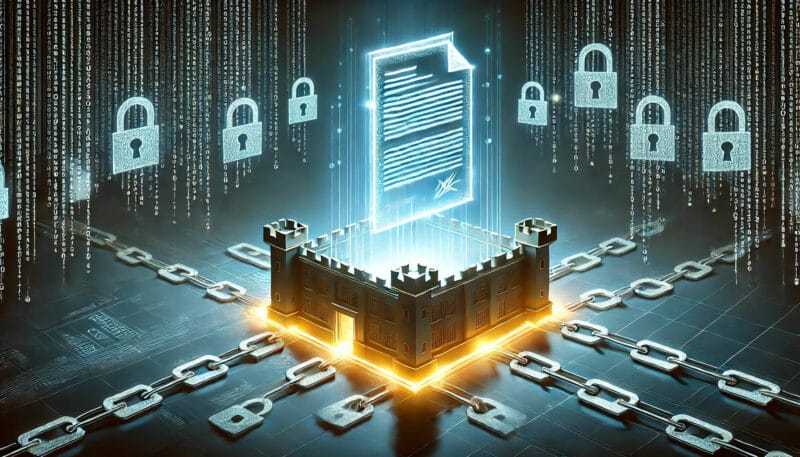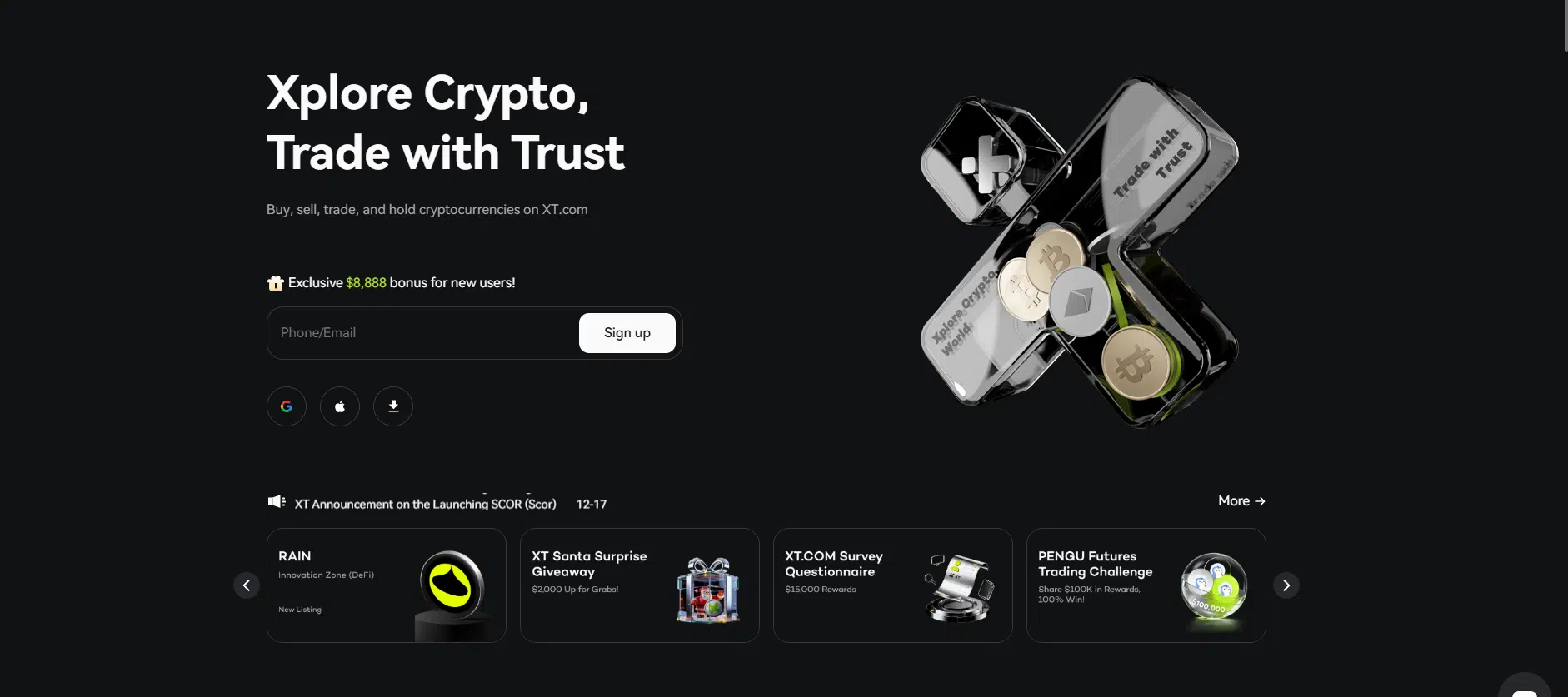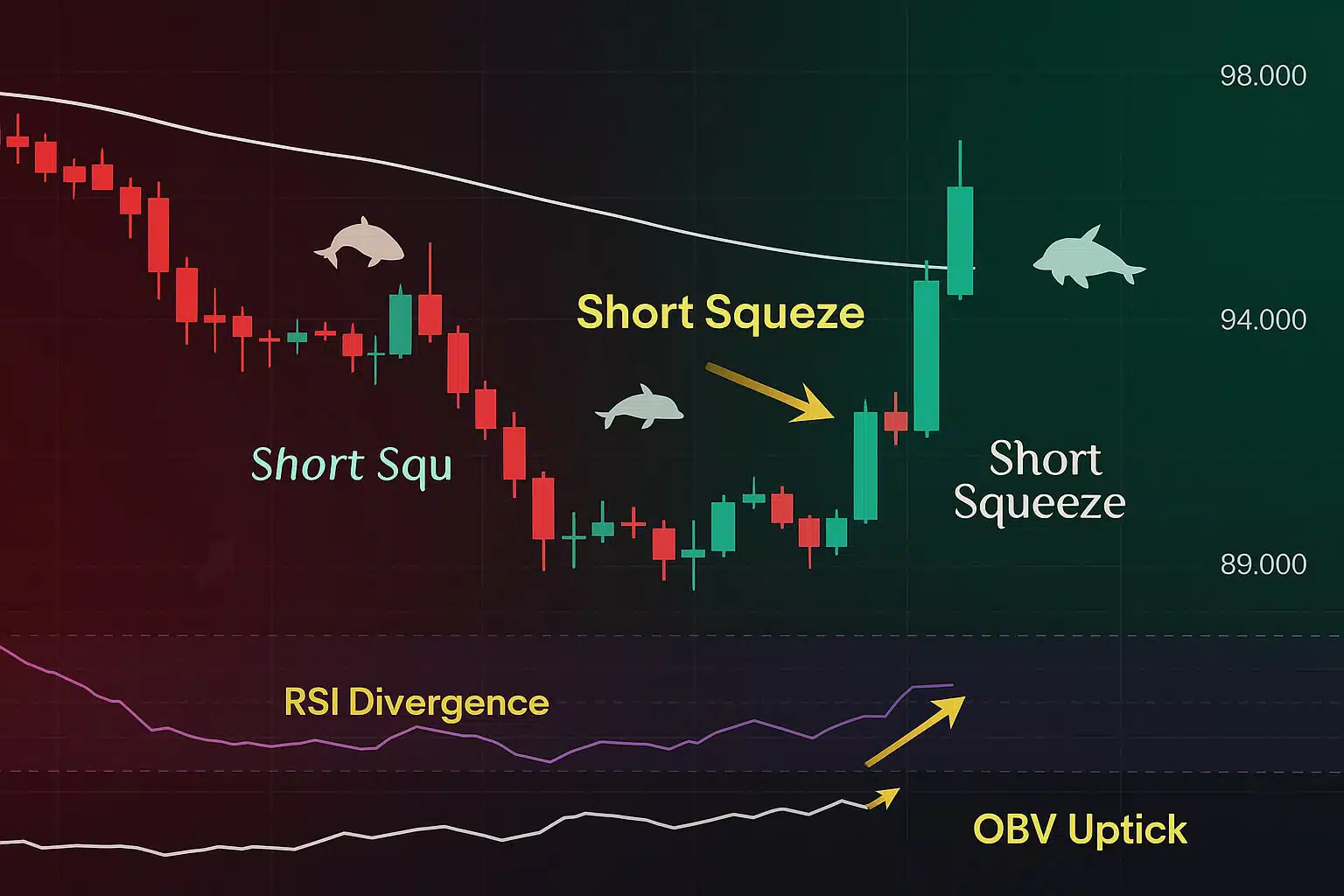1. Introduction: The Growing Cybersecurity Threat
In today’s digital age, cybersecurity has become one of the most critical concerns for businesses, governments, and individuals alike. With the increasing number of cyberattacks, data breaches, and digital frauds, the need for robust security measures has never been greater. Traditional cybersecurity systems, while effective to an extent, are often centralized, making them vulnerable to single points of failure. This is where blockchain technology steps in. Blockchain, known for its decentralized, transparent, and secure nature, offers innovative solutions to modern cybersecurity challenges. By leveraging blockchain technology, organizations can enhance their cybersecurity measures, ensuring greater data protection, secure transactions, and resilient networks.
Why Blockchain Matters for Cybersecurity:
Blockchain provides a decentralized approach to cybersecurity, eliminating single points of failure and offering enhanced security for digital transactions and data storage.
2. How Blockchain Enhances Cybersecurity
2.1 Decentralization: Eliminating Single Points of Failure
One of the primary advantages of blockchain in cybersecurity is its decentralized structure. Traditional security systems often rely on a centralized server, which, if compromised, can lead to a catastrophic breach. Blockchain technology, however, distributes data across a network of nodes, each holding a copy of the blockchain. This decentralization means that there is no single point of failure; even if one node is compromised, the network remains secure. This makes blockchain an ideal solution for securing critical infrastructure and sensitive data.
- Key Benefits:
- No Single Point of Failure: Decentralization ensures that compromising one node does not jeopardize the entire network.
- Resilient Network: Distributed data across multiple nodes makes the network more resilient to attacks.
- Secure Data Storage: Blockchain’s decentralized nature enhances the security of stored data.
2.2 Data Integrity: Ensuring Tamper-Proof Records
Blockchain’s immutable ledger ensures that once data is recorded, it cannot be altered or tampered with. Each block in a blockchain is cryptographically linked to the previous block, creating a chain of secure and verifiable records. This feature is particularly beneficial for ensuring data integrity in cybersecurity. Whether it’s logging user activity, recording financial transactions, or storing sensitive information, blockchain ensures that the data remains unchanged and trustworthy over time. This tamper-proof nature is crucial for preventing unauthorized access and ensuring that data integrity is maintained.
- Key Benefits:
- Immutable Records: Blockchain’s immutable ledger prevents unauthorized changes to recorded data.
- Tamper-Proof: Cryptographic links between blocks ensure that any attempt to alter data is immediately noticeable.
- Trustworthy Data: Organizations can trust that their data remains intact and unaltered.
2.3 Secure Transactions: Protecting Digital Interactions
Blockchain’s cryptographic security makes it an excellent tool for securing digital transactions. In traditional systems, transactions are often processed by a centralized authority, which can be a target for cyberattacks. Blockchain, however, uses cryptographic algorithms to secure transactions directly on the blockchain, eliminating the need for intermediaries. This not only enhances the security of transactions but also reduces the risk of fraud. Additionally, blockchain’s transparency allows for easy auditing of transactions, ensuring that all parties involved can verify the authenticity of the transaction.
- Key Benefits:
- Cryptographic Security: Transactions are secured through advanced cryptographic algorithms.
- No Intermediaries: Blockchain eliminates the need for third-party intermediaries, reducing vulnerability.
- Transparent Auditing: The transparent nature of blockchain allows for easy verification of transaction authenticity.
2.4 Enhanced Identity Management: Reducing Fraud and Identity Theft
Identity management is a critical aspect of cybersecurity, particularly in preventing fraud and identity theft. Traditional identity systems often rely on centralized databases, which can be breached, leading to the theft of sensitive personal information. Blockchain offers a decentralized approach to identity management, where users control their own identity data. By using blockchain, individuals can create a secure digital identity that is verified through the network. This reduces the risk of identity theft and provides a more secure way of managing personal information.
- Key Benefits:
- Decentralized Identity: Users control their own identity data, reducing the risk of theft.
- Secure Verification: Blockchain provides a secure method for verifying identity data.
- Reduced Fraud: Enhanced identity management on blockchain reduces the likelihood of fraud.
3. The Impact of Blockchain on Different Cybersecurity Domains

3.1 Protecting IoT Devices
The Internet of Things (IoT) is a rapidly growing field, with billions of connected devices generating and transmitting data. However, IoT devices are often vulnerable to cyberattacks due to weak security protocols. Blockchain can enhance the security of IoT devices by providing a decentralized network where each device has a unique identity and secure communication channel. This ensures that IoT devices can operate securely without being compromised by malicious actors.
- Key Impacts:
- Unique Device Identity: Blockchain assigns a unique identity to each IoT device, securing communication.
- Decentralized Network: A decentralized network prevents attackers from targeting a single point of entry.
- Enhanced Device Security: Blockchain strengthens the overall security of IoT networks.
3.2 Securing Cloud Storage
Cloud storage has become a fundamental component of modern data management, but it also presents significant security challenges. Data stored in the cloud is often vulnerable to unauthorized access, breaches, and tampering. Blockchain technology can secure cloud storage by encrypting data and distributing it across a decentralized network. This ensures that the data remains secure and accessible only to authorized users, significantly reducing the risk of breaches.
- Key Impacts:
- Encrypted Data: Blockchain encrypts data before storing it in the cloud, enhancing security.
- Decentralized Storage: Distributed storage across multiple nodes reduces the risk of unauthorized access.
- Secure Access Control: Blockchain ensures that only authorized users can access stored data.
3.3 Enhancing Supply Chain Security
The supply chain is another area where cybersecurity is critical, particularly in preventing counterfeit goods, fraud, and data tampering. Blockchain can enhance supply chain security by providing a transparent and immutable record of every transaction and movement of goods. This allows all parties involved in the supply chain to verify the authenticity and integrity of products and data at every stage, reducing the risk of fraud and ensuring that products are genuine and compliant with regulations.
- Key Impacts:
- Transparent Transactions: Blockchain provides a transparent record of all transactions in the supply chain.
- Verification of Authenticity: Blockchain allows for the verification of product authenticity at every stage.
- Reduced Fraud: Enhanced transparency and accountability reduce the risk of fraud in the supply chain.
4. Challenges and Considerations with Blockchain in Cybersecurity
4.1 Scalability Issues
While blockchain offers significant advantages in cybersecurity, it also presents challenges, particularly in terms of scalability. As the number of transactions on a blockchain network increases, the size of the blockchain grows, requiring more storage and processing power. This can slow down the network and make it difficult to maintain efficiency, particularly for large-scale applications. Solutions such as sharding and off-chain processing are being explored to address these scalability issues.
- Key Challenges:
- Network Scalability: The growing size of the blockchain can lead to network inefficiencies.
- Increased Resource Requirements: Larger blockchains require more storage and processing power.
- Scalability Solutions: Technologies like sharding and off-chain processing are being developed to improve scalability.
4.2 Integration with Existing Systems
Integrating blockchain technology into existing cybersecurity systems can be complex and challenging. Many organizations rely on legacy systems that may not be compatible with blockchain, requiring significant modifications or complete overhauls. Additionally, the decentralized nature of blockchain may conflict with centralized systems, necessitating the development of hybrid solutions that combine the benefits of both approaches.
- Key Challenges:
- Compatibility Issues: Legacy systems may not be easily compatible with blockchain technology.
- System Modifications: Integrating blockchain may require significant changes to existing systems.
- Hybrid Solutions: Developing hybrid systems that integrate blockchain with centralized security systems may be necessary.
4.3 Regulatory and Compliance Concerns
As with any emerging technology, the use of blockchain in cybersecurity raises regulatory and compliance concerns. Different countries have varying regulations regarding data privacy, security, and the use of blockchain technology. Organizations must navigate these regulations to ensure that their use of blockchain complies with local and international laws. Additionally, the anonymous nature of some blockchain networks may raise concerns about the potential for illegal activities, such as money laundering and cybercrime.
- Key Challenges:
- Regulatory Compliance: Organizations must ensure that their use of blockchain complies with relevant regulations.
- Data Privacy: Blockchain’s transparency may conflict with data privacy regulations in some jurisdictions.
- Legal Concerns: The anonymous nature of blockchain may raise concerns about illegal activities.
5. The Future of Blockchain in Cybersecurity
As cyber threats continue to evolve, blockchain technology is expected to play an increasingly important role in enhancing cybersecurity. Several industries, including finance, healthcare, and government, are already exploring the use of blockchain to secure sensitive data and transactions. As the technology matures, we can expect to see broader adoption and the development of new blockchain-based cybersecurity solutions. These solutions will likely focus on improving scalability, integration, and regulatory compliance while continuing to leverage blockchain’s strengths in decentralization, data integrity, and secure transactions.
- Key Trends:
- Broader Adoption: More industries will adopt blockchain for enhanced cybersecurity.
- Development of New Solutions: Innovative blockchain-based cybersecurity solutions will emerge.
- Focus on Scalability and Integration: Future developments will address current challenges such as scalability and integration with existing systems.
Conclusion: Blockchain as a Game-Changer in Cybersecurity
Blockchain technology offers a powerful tool for enhancing cybersecurity in an increasingly digital world. By leveraging its decentralized, secure, and transparent nature, organizations can significantly improve data protection, secure transactions, and create resilient networks. While challenges such as scalability, integration, and regulatory compliance remain, the potential benefits of blockchain in cybersecurity are too significant to ignore. As blockchain technology continues to evolve, it will undoubtedly play a crucial role in shaping the future of digital security.
For more insights and detailed analysis on how blockchain is transforming cybersecurity, explore our Blockchain and Security Solutions section.
Stay Updated
For the latest updates on blockchain and cybersecurity, follow us on:
Stay informed with the latest strategies and insights in the world of blockchain at FreeCoins24.io.
Special Offer
Looking to explore blockchain solutions for cybersecurity? Sign up on Bybit today and take advantage of up to $30,000 in deposit bonuses. Start securing your digital assets with blockchain technology.

















